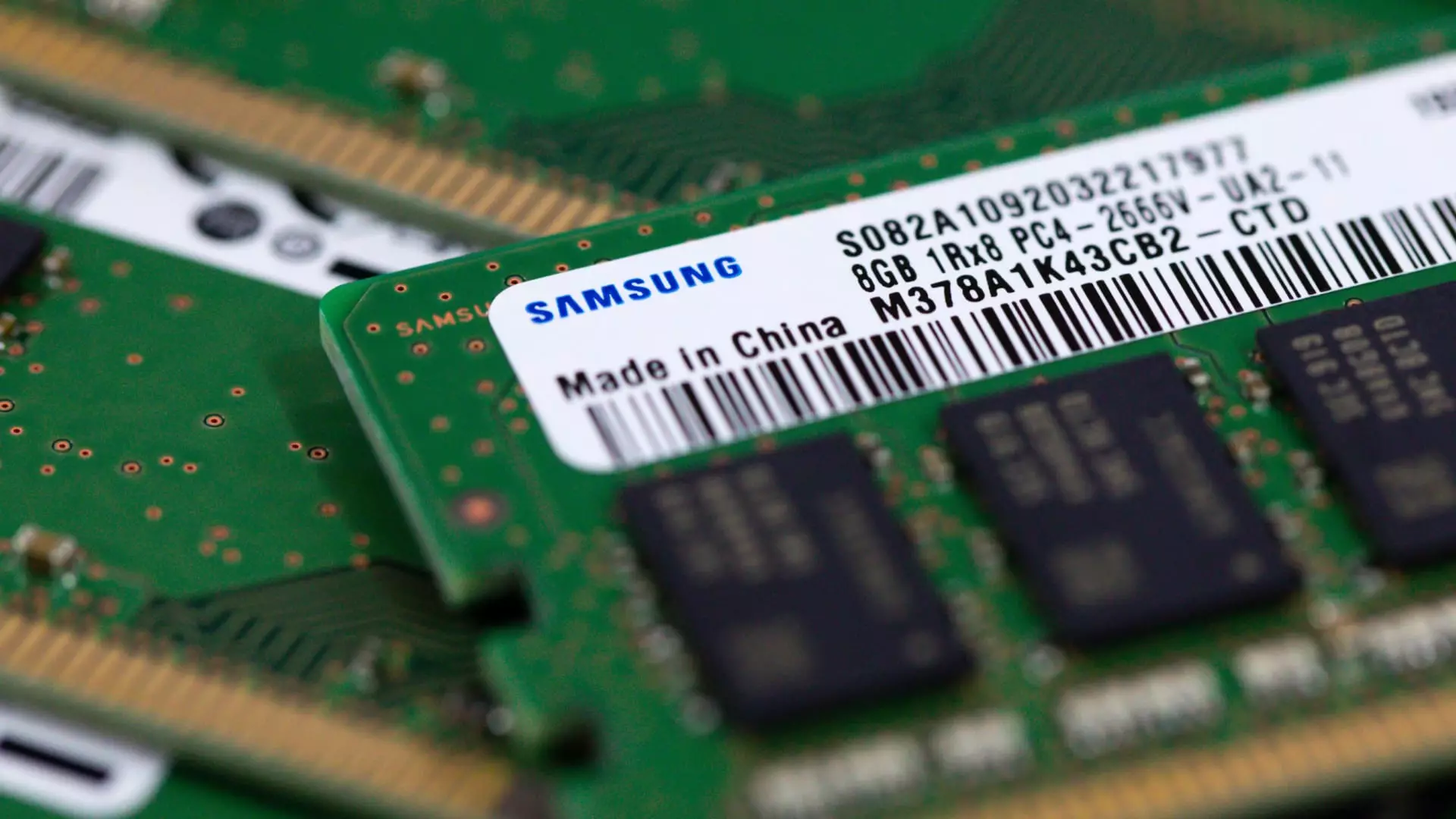The impact of Nvidia’s second-quarter results was felt in the Asian market as tech and chip-related stocks suffered losses. Companies with direct connections to Nvidia, such as South Korean chipmakers SK Hynix and Samsung Electronics, saw significant drops in their share prices. SK Hynix, known for manufacturing high bandwidth memory chips for Nvidia, experienced a decline of up to 6.74%. Similarly, Samsung Electronics, a major supplier of HBM chips for Nvidia products, saw its shares fall by 3.8%. The ripple effect also extended to other suppliers like Taiwan Semiconductor Manufacturing Company and Foxconn, with losses as high as 2.8% and 2.96% respectively.
While the direct suppliers bore the brunt of the impact, other tech stocks in the region also witnessed a dip in their prices. Japanese semiconductor companies such as Renesas, Advantest, and Tokyo Electron saw declines of up to 3.2%, 3.6%, and 3.49% respectively. Even Chinese chipmakers listed in Hong Kong were not spared, with SMIC and Hua Hong Semiconductor experiencing losses of 1.4% and 1.66% respectively. Despite being loosely related to Nvidia’s value chain, these companies suffered due to the broader market sentiment following Nvidia’s results.
Although Nvidia beat quarterly revenue and earnings per share estimates, the market reaction indicated concerns about the company’s future growth prospects. Luke Rahbari, CEO of Equity Armor Investments, pointed out that while the results were positive, there were doubts about Nvidia’s ability to sustain its rapid expansion. The slight drop in gross margin from 78.4% to 75.1% raised some eyebrows, especially as the annual forecast fell below analysts’ expectations. However, Mark Lushcini, chief investment strategist at Janney Montgomery Scott, dismissed the decline in Nvidia shares as a minor setback, considering the substantial increase in share price over the year.
Despite the temporary setback in stock prices, analysts remain optimistic about Nvidia’s long-term prospects. Rahbari emphasized Nvidia’s dominant position in the industry and its track record of exceeding expectations. Lushcini acknowledged the company’s impressive growth trajectory but noted a slight slowdown in recent quarters. Overall, the consensus seems to be that while Nvidia may face challenges in the short term, its strong market position and innovative offerings will drive long-term success.
The impact of Nvidia’s second-quarter results on tech and chip-related stocks in Asia highlights the interconnected nature of the global market. While short-term fluctuations are inevitable, successful companies like Nvidia are well-positioned to weather such challenges and continue driving innovation in the industry. Investors should focus on the long-term outlook and fundamentals of these companies rather than reacting impulsively to quarterly results.

